Top 10 Best Computer Manufacturing Companies In The World 2025
By ICON TEAM | Published on Sep 30, 2025
The worldwide computer manufacturing business is still doing well in 2025, even if artificial intelligence (AI), sustainable technologies, and high-performance computing are all moving quickly. The market is worth more than $250 billion and is predicted to rise by around 5% per year. This is because people want AI-enabled devices, gaming rigs, and eco-friendly solutions. Not only are the biggest firms fighting for market dominance, but they are also changing the future of personal and business computing with new technologies like on-device AI processing, quantum-resistant security, and designs that use less energy. This article looks at the top 10 computer manufacturing businesses based on their market share, innovation, reliability, and adaptability. It talks about their main products, tactics, and how they are changing the tech scene.
List Of Top 10 Best Computer Manufacturing Companies In The World 2025:
1. Lenovo:
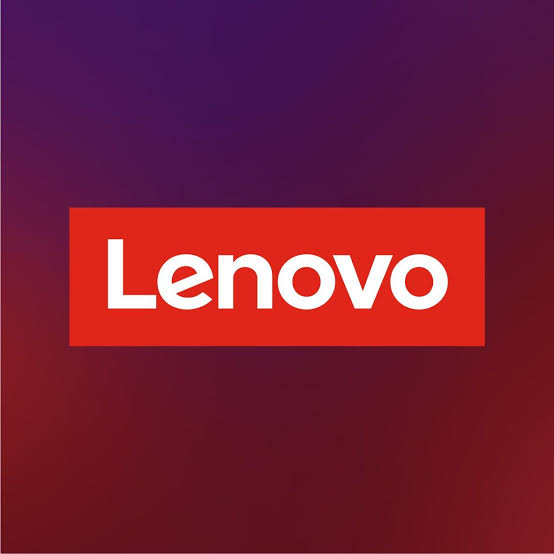
In 2025, Lenovo is still the clear leader in the worldwide PC market. It has been the top company in terms of unit shipments and market share for more than ten years. The company started out as Legend in Beijing in 1984. Now, it is a huge worldwide corporation with its main office in Hong Kong and operational bases in Beijing and Morrisville, North Carolina. The company has been successful because it has always focused on quality, innovation, and customer pleasure. For example, it bought IBM's PC division in 2005 and fully owned the German brand Medion in 2025. Lenovo makes a wide range of laptops, from the IdeaPad series for consumers to the ThinkPads for businesses and the Legion rigs for gamers. All of these laptops are now optimized for AI with features like adaptive performance tuning and CPUs that are suitable for AI.
Lenovo's "Smarter Technology for All" mission leads to big investments in AI-enabled devices, such the ThinkPad X9 Aura Edition with rollable screens and the Yoga Pro 9i Aura Edition, which were both shown off at CES and MWC. These laptops have Intel Core Ultra CPUs, up to 2TB of SSD storage, and eco-friendly features like CO2 Offset Services, which are in line with global trends. As of February 2025, the company has a full list of its manufacturing sites. These sites focus on using recycled resources and making supply chains more efficient. Lenovo's Legion Go handheld prototype pushes the limits of portable gaming by providing premium immersion in a small package. The company's R&D investment is expected to reach $2.22 billion in 2023 and keep going up. Lenovo is the world's largest PC maker, and its combination of durability and cutting-edge design keeps it on top. It powers everything from everyday tasks to enterprise AI operations.
2. Microsoft Company:
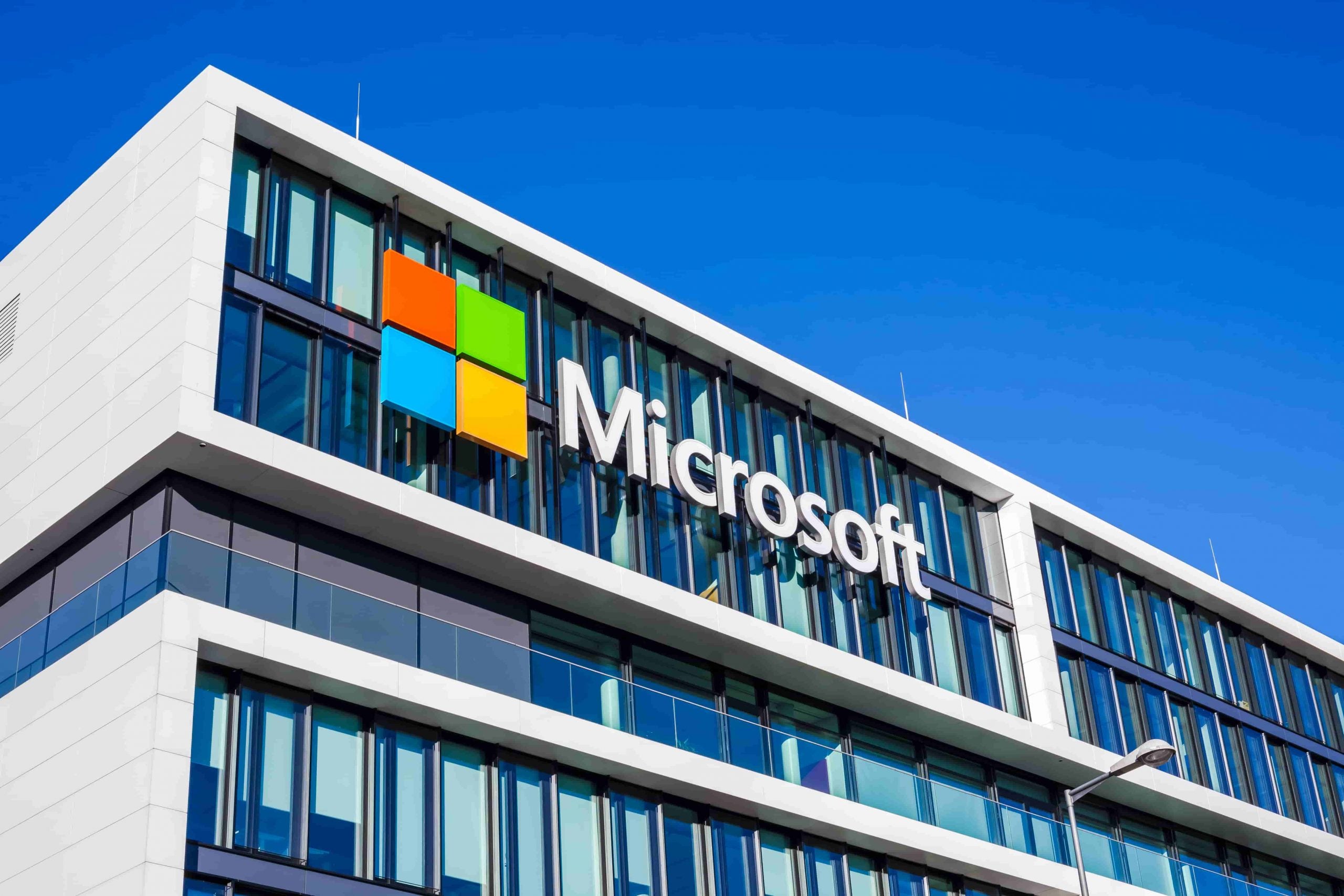
Microsoft Corporation is well-known for its software, like Windows, but it has also made a name for itself in hardware with its Surface series. By 2025, it will be a major participant in AI-personal computing. Bill Gates and Paul Allen started the Redmond-based company in 1975. It uses its ecosystem to make sure that hardware and AI tools work together smoothly, which increases the need for devices that can use generative AI. Microsoft's reach goes beyond regular PCs; Surface devices focus on mobility, battery longevity, and Copilot+ experiences that do AI tasks on the device for better privacy and speed.
The Surface Laptop (2025) series, which includes the 13-inch model with Snapdragon X Plus processors, is a great example of this. It can play videos for up to 23 hours, has a touchscreen PixelSense Flow display, and has features like AI-powered Recall for quick searches. These Copilot+ PCs are attractively priced, starting with inexpensive models. They also support Windows 11's developing AI roadmap, with updates coming out until 2025. The Surface Pro 12-inch (2025) is a flexible 2-in-1 with Qualcomm Snapdragon X Plus power and no fan. It's great for hybrid work, with up to 16 hours of online browsing and Geekbench scores that beat previous models. Microsoft's focus on Arm-based efficiency and ecosystem synergy makes it a disruptor that appeals to creative and professionals who want easy-to-use, AI-accelerated computing without the weight of traditional laptops.
3. Apple Inc.:
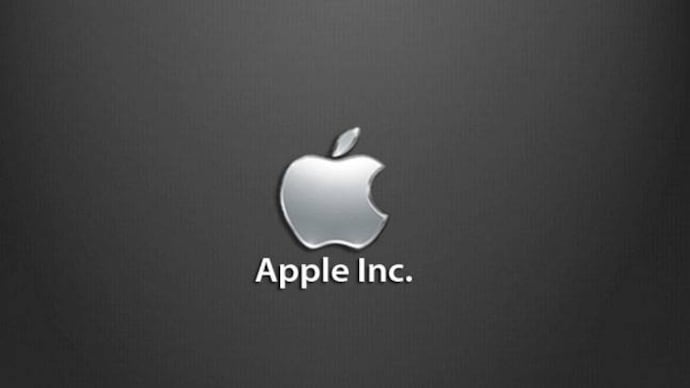
In 2025, Apple Inc. is the leader in the high-end computer market, with 6.7 million Mac shipments thanks to the M4 chip's AI power and stylish designs. The Cupertino-based company, which was founded in 1976, is still a leader in vertical integration, combining bespoke silicon, macOS, and hardware to provide the best user experiences. Apple wants to be plastic-free by the end of the year, and its focus on sustainability—using 100% recycled cobalt batteries and more than 95% recycled lithium—fits with that objective. Private Cloud Compute is one of the characteristics that keeps AI private.
The MacBook Air M4 (2025) comes in 13- and 15-inch sizes with a new Sky Blue color. It has a 12MP Center Stage camera and a battery life of up to 18 hours. It also starts at a cheaper price to make it more accessible. The Mac Studio with M4 Max and M3 Ultra CPUs is one of the best high-end computers on the market. It has up to 512GB of unified memory, which is the most in any personal computer. It is great for AI model training and creative processes. By the end of 2025, there will be a lot of M5-powered MacBook Pros and a foldable 17-20-inch MacBook. These will have amazing screens and performance. Apple's ecosystem, which includes iPhone Mirroring, keeps consumers coming back. This is why professionals who care more about design, efficiency, and seamless integration than raw specs choose Apple.
4. Samsung Electronics:
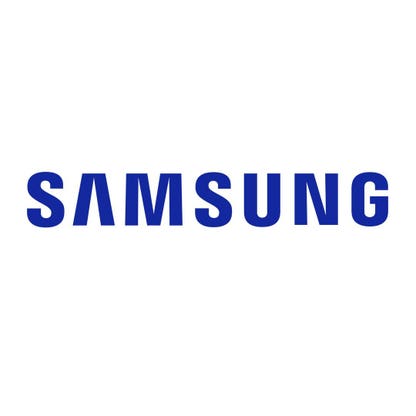
In 2025, Samsung Electronics will expand its computer footprint with the Galaxy Book series, which uses AI and ecosystem connectivity to take on existing PC titans. The South Korean firm is a leader in displays and semiconductors. It uses its AMOLED knowledge to make laptops that are great for creative and multitaskers who want bright screens and portability. Samsung's gadgets help people get more done by processing things on the device itself, such Photo Remaster, which makes pictures bigger. Galaxy AI features are free until the end of the year.
The Galaxy Book5 Pro and Pro 360 include Intel Core Ultra 7 (Series 2) processors and up to 47 TOPS NPUs. They have 3K AMOLED touchscreens, batteries that last all day, and support for the S Pen, making them 2-in-1 devices. These Copilot+ PCs can manage heavy tasks with quad-speaker Dolby Atmos audio and Wi-Fi 7 connectivity. The 14-inch model starts at 2.7 pounds. The Galaxy Book5 series is for regular people who need solid performance for video editing and AI work. The Book4 Edge, on the other hand, uses Snapdragon to make phone integration easy with Quick Share. Samsung is still a worldwide player because of its excellent brand and customer service. It offers high-tech features at rates that are competitive.
5. IBM:
In 2025, IBM will stop making consumer PCs and start making enterprise-grade infrastructure. They will be the best at safe, high-reliability computing for AI and quantum applications. The Armonk-based pioneer, which started in 1911, is putting $150 billion into U.S. manufacturing over the next five years, including $30 billion for mainframes and quantum systems. This shows how committed it is to American jobs and innovation. IBM mainframes, which are made in Poughkeepsie, New York, handle more than 70% of all transactions around the world.
The z17 AI mainframe and Quantum Starling supercomputer, which will be released in 2029, will include modular processors that make quantum computing fault-tolerant. This will lead to new discoveries in medicine research and cryptography. IBM's quantum fleet, which is the biggest in the world, is making progress with the Nighthawk processor and 2nm node technology at Albany NanoTech. IBM's hybrid cloud solutions are less well-known in stores, but they can handle complicated workloads. This makes IBM a leader in B2B sustainable, safe computing as demand for AI grows.
6. Dell Tech:
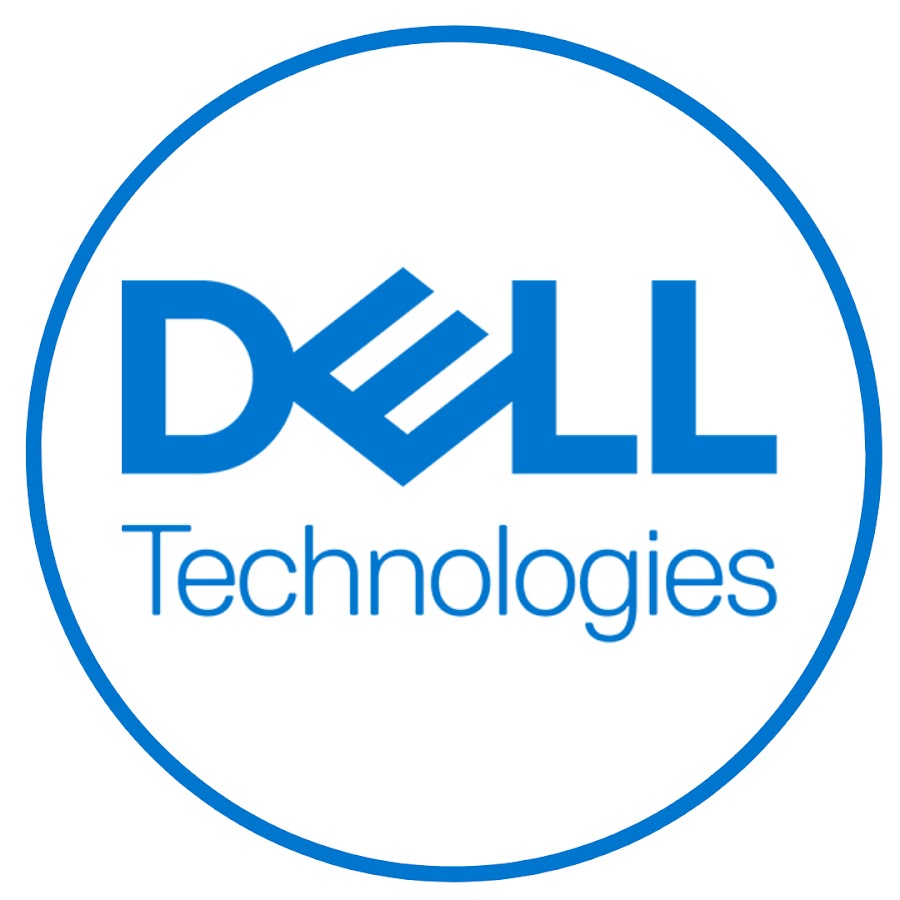
In 2025, Dell Technologies makes its PC ecosystem easier to use by reorganizing its products into three tiers: Dell, Dell Pro, and Dell Pro Max. The focus is on AI from edge to cloud. The Round Rock-based company, which has been around since 1984, is the leader in both the business and consumer markets. They shipped AI-enabled PCs that climbed 25% year over year. Its AI Factory with NVIDIA speeds up innovation on all kinds of devices.
The Dell Pro Max 16 is aimed at creators and has an Intel Core Ultra 200H and RTX 50-series GPUs that can make images 43 times faster. The redesigned Inspiron (now Dell) and XPS (now Dell Premium) models have unified branding to make it easier to choose. They also include OLED displays and longer battery life. Dell showed off the QD-OLED monitors and the ZBook Ultra G1a at CES 2025. The ZBook Ultra G1a is the most powerful 14-inch mobile workstation in the world. Dell's focus on security and sustainability, including technologies that protect against quantum attacks, makes it a strong player in both hybrid work and gaming.
7. ASUS (ASUSTeK Computer):
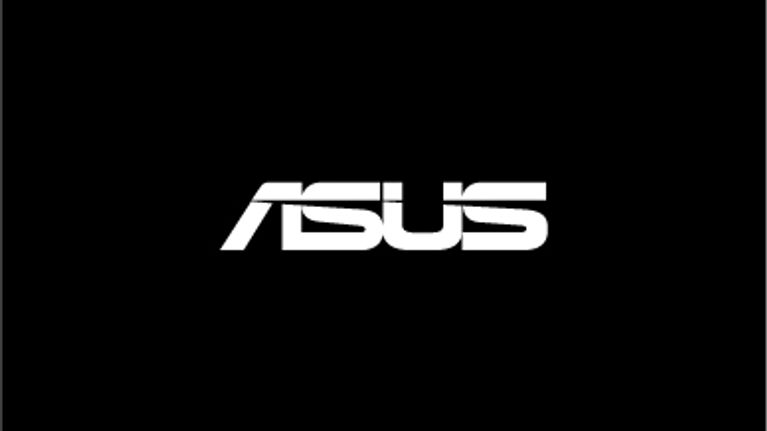
ASUS, a Taiwanese hardware company that started in 1989, is doing great in 2025 with its flexible AI PCs and gaming beasts. At CES, the company won awards for its innovative products. ASUS is known for its motherboards and GPUs. With a market worth of $10.7 billion, the company makes a wide range of products, from ultraportables to dual-screen miracles.
The Zenbook A14 is the lightest Copilot+ PC, weighing less than 2 pounds. It has a Ceraluminum chassis and a Snapdragon X Series processor for AI activities all day. The ROG Strix and Zephyrus with RTX 5090 GPUs and Nebula Displays at 240Hz are two of the best gaming options. The new Vivobook S14/S16 and TUF Gaming F16 are great deals because they come with AMD Ryzen AI and up to 5070 Ti GPUs. ASUS is a favorite among creators and gamers because it focuses on AI integration, such gesture controls in the Zenbook DUO, and eco-friendly materials.
8. Acer Inc.:
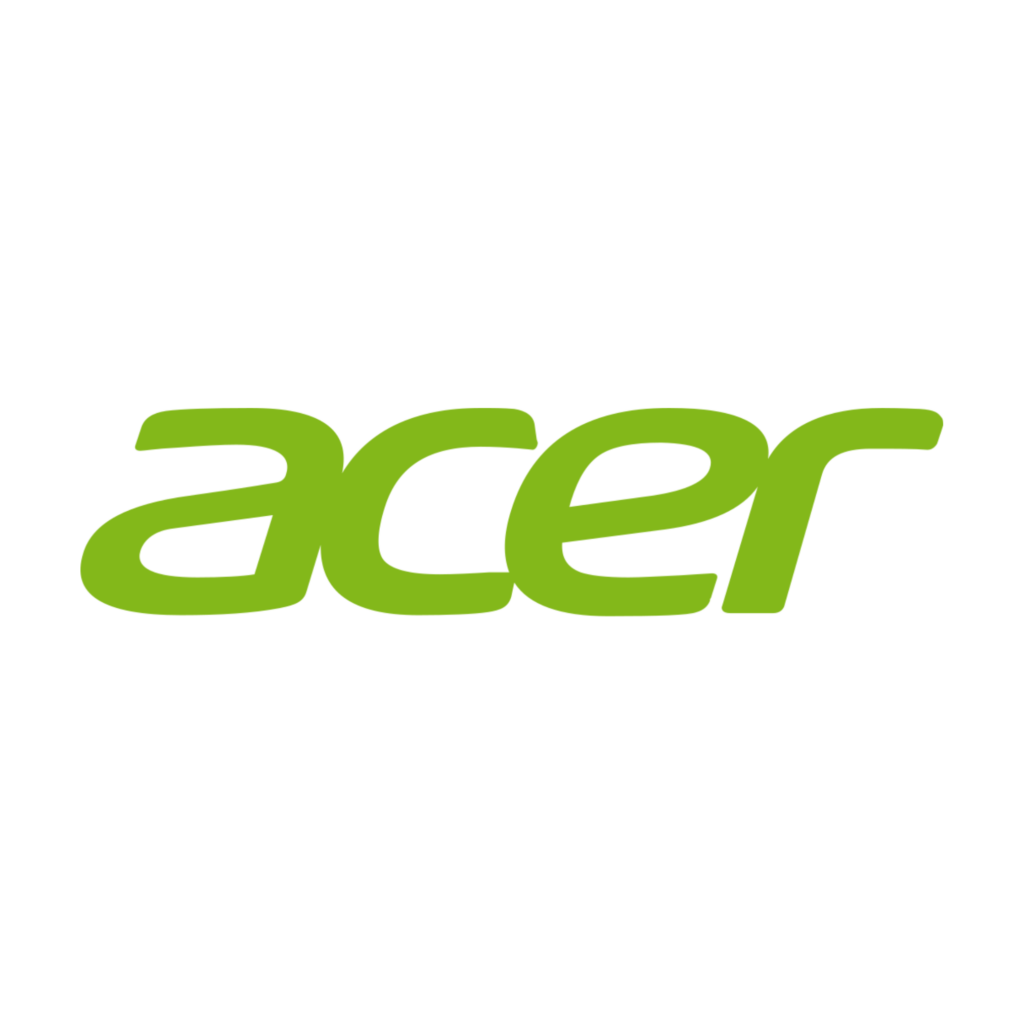
Acer Inc., a multinational company established in Taiwan, is one of the top five PC makers in 2025. They make great AI and gaming machines that are also eco-friendly. Acer was founded in 1976, and its focus on making things easier to use is clear in its Copilot+ PCs and eco-friendly products like the Vero line, which uses recycled plastics.
The Swift Go 14 (2024/2025 refresh) has an Intel Core Ultra 200H processor and all-day battery life. It also has OLED choices for productivity. The Predator Helios Neo 16 AI with RTX 5070 Ti and Intel Core Ultra 9 275HX is a favorite among gamers since it improves frame rates with AI. Acer showed off the Aspire Vero 16 at IFA and COMPUTEX 2025. It is a CES Honoree that is carbon-neutral and features a chassis made of 70% recycled materials. Acer is great for students and professionals who want a computer that is both powerful and affordable.
9. HP Inc.:
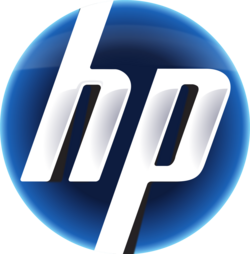
HP Inc., a Palo Alto company that has been around for 85 years, is the leader in hybrid work solutions. At Amplify 2025, they showed off more than 60 new AI PCs. HP split from Hewlett-Packard Enterprise in 2015. The company focuses on security and efficiency, releasing quantum-resistant printers and other equipment.
The OmniBook Ultra Flip 14, which won an award at CES, has 50 TOPS NPUs that make AI workloads 224% more efficient. The EliteBook Ultra G1i and ZBook Ultra G1a are thin yet powerful workstations, and the EliteDesk 8 Series PCs keep quantum hacks from happening. The HP Pavilion Plus 14 (2025) is a good deal for customers. HP shapes the future of collaboration with eco-friendly designs and Project Starline for immersive calls.
10. Toshiba:
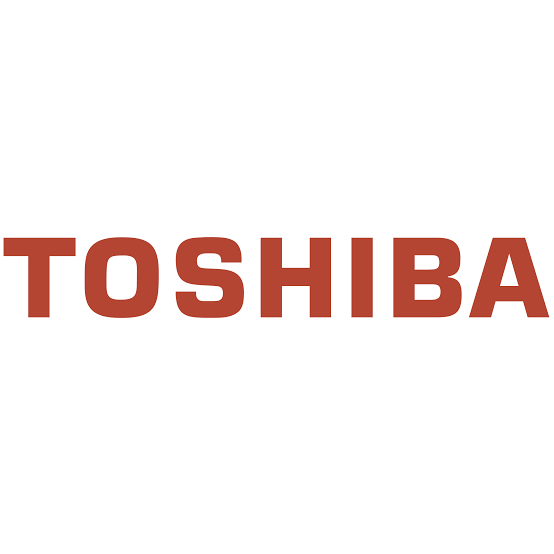
Since 2018, Toshiba has had a niche in reliable business notebooks through its Dynabook division. In 2025, they will still be focusing on durability over flash. The Japanese company has been making new things for 135 years and focuses on education and business with models like the Tecra and Portégé series.
The Portégé X40-K, which boasts a new 12th Gen Intel Core processor and an aluminum chassis, starts at $1,349 for safe, portable work. The Tecra C40 is a good choice for people on a budget who want to start using a computer. It comes with a guarantee that it will work. Toshiba's focus on repairability and longevity appeals to institutions, even though it is less popular with consumers. This makes sure that the company's products stay valuable in a world where tech is disposable.
Comments 0